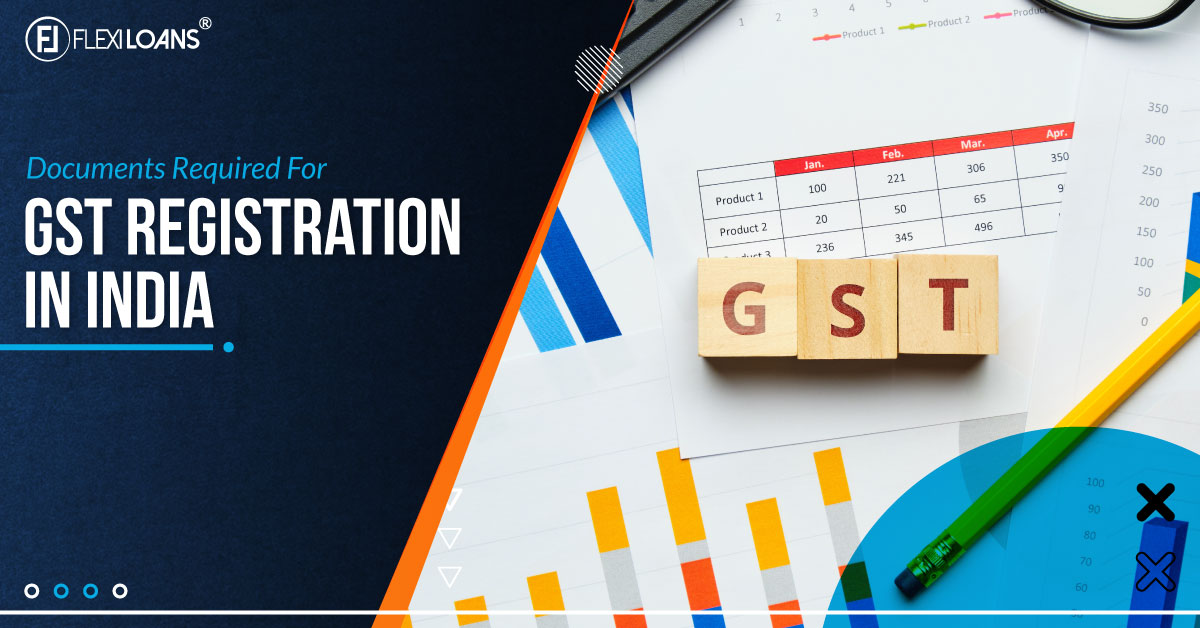Top Tips for a Smooth Singapore GST Registration Experience
Top Tips for a Smooth Singapore GST Registration Experience
Blog Article
The Ultimate Guide to Streamlining the GST Registration Refine and Requirements for Small Business Owners

Understanding GST Fundamentals
To understand the basics of the Item and Services Tax (GST) system, small service proprietors have to initially comprehend its underlying principles and effects. Under the GST program, companies are needed to register and collect tax on behalf of the government, guaranteeing transparency and compliance.
One of the key principles of GST is input tax obligation credit report, which allows companies to assert credit scores for tax obligations paid on their acquisitions. Understanding these fundamental concepts is essential for little business proprietors to browse the complexities of the GST system and guarantee compliance with the regulation.
Qualification Criteria for Registration
Having established a fundamental understanding of GST concepts, local business owners should now satisfy certain eligibility requirements to continue with the registration procedure. In India, entities participated in the supply of goods or solutions with an annual aggregate turnover surpassing Rs. 40 lakhs (Rs. 10 lakhs for unique group states) are required to register for GST. Furthermore, specific businesses such as those entailed in inter-state supply of goods, laid-back taxed individuals, and those called for to pay tax under the reverse charge system must register for GST irrespective of their turn over. Additionally, services that were signed up under the previous tax obligation regimen (BARREL, solution tax obligation, etc) are likewise mandated to sign up under GST. However, agricultural services that only supply generate out of key manufacturing are exempt from GST registration. It is vital for company owner to very carefully analyze their eligibility based upon these standards to ensure compliance with the regulation and prevent any fines for non-compliance.
Records Needed for GST Enrollment

Simplified Enrollment Refine Steps
Adhering to the collection and verification of the requisite files, the enrollment procedure for GST can be browsed with a collection of simplified actions made to promote efficient conformity for local business owners. The very first step includes checking out the GST site and selecting the 'New Registration' alternative. Consequently, the candidate has to fill out Part A of the GST REG-01 kind with details such as PAN, mobile number, and e-mail address to obtain an OTP for confirmation. When the OTP is gotten and entered, a Temporary Referral Number (TRN) is generated for further procedures. The following step requires filling in Part B of the kind with essential service information, posting supporting documents, and completing the confirmation procedure making use of DSC or EVC. Upon effective confirmation, an Application Reference Number (ARN) is provided, indicating the completion of the GST registration process. By following these simplified actions, small company proprietors can properly register for GST and guarantee conformity with tax obligation policies.
Tips for Ensuring Conformity
To keep regulative adherence and functional integrity, attentive oversight and positive measures are pivotal in making sure compliance with GST needs for local business owners. Local business proprietors need to stay upgraded you could try this out with GST laws, filing deadlines, and any kind of adjustments in tax obligation rates to prevent charges and keep a good standing with tax authorities. One essential tip for conformity is to keep precise and detailed documents of all deals, consisting of costs, invoices, and billings related to GST. Frequently integrating financial records with GST returns can help in determining and correcting any inconsistencies quickly. In addition, carrying out periodic interior audits or looking for expert aid can ensure that business is adhering to all GST regulations appropriately. It is also important for tiny company proprietors to buy GST-compliant audit software application that can simplify the tax obligation filing process and minimize mistakes. Lastly, going to GST awareness workshops or training programs can boost understanding and conformity with GST policies, inevitably profiting business in the future.
Verdict
In conclusion, local business owners need to understand the essentials of GST, satisfy the qualification criteria, gather necessary documents, and follow the streamlined registration procedure steps to make certain conformity. By streamlining the GST enrollment procedure and demands, small service proprietors can prevent fines and run their businesses smoothly within the legal structure - Singapore GST Registration. It is important for small company proprietors to remain informed and compliant with GST policies to keep an effective company operation
Small organization proprietors seeking GST registration should guarantee they collect and send the required files to complete the registration find more information process effectively. The files needed for GST registration generally include proof of service registration or unification, PAN (Long-term Account Number) card of the business identification, entity and address evidence of the promoters/partners/directors, photos, address proof of the place of company, financial institution account statements or canceled cheques, and permission forms. Participating in GST awareness workshops or training programs can boost understanding and conformity with GST policies, inevitably benefiting the business in the long run.
By streamlining the GST registration process and requirements, little company owners can avoid penalties and operate their services efficiently within the lawful framework. It is important for tiny organization proprietors to stay informed and certified with GST laws to maintain an effective company procedure.
Report this page